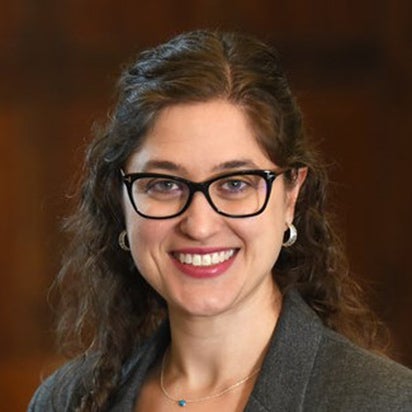One Church Many Cultures The Good News of Cultural Diversity Fall/Winter 2020 Issue
CULTURAL FAMILY ARTICLE: EUROPEAN AMERICAN-YOUNG ADULT
More than American: Exploring Our Complicated Identities
By: Tara Segal
One of the delights of Zoom – who knew there could be such a thing – was scrolling through grids of faces at the kick-off of Journeying Together. Hundreds of people tuned-in and, I imagine, were grateful for the effort of the conveners to honor the diverse voices of the U.S. Catholic Church.
Nearly an hour into the program, Stacy Allen, an Afro-Latina who lives in Houston, shared what Journeying Together meant to her. Ms. Allen spoke to the providential timing of the dialogue. It was beginning in the midst of two pandemics: COVID-19 and a national awakening to systemic racism. She addressed the need to carry the energy from the streets into our Church so we might begin to dismantle its racism. She affirmed Glenn E. Martin’s assertion that, “Those closest to the problem are closest to the solution,” (https://www.theapeal.org) and suggested that Journeying Together offers us an opportunity to “center, empower and elevate” those voices in our Church. The chat sprang to life. Young adults “shouted” their enthusiasm and desire for justice.
The next step of the journey was to separate into our cultural families for a series of conversations. If our call was to center the voices of people of color, why was this group of homogenous white people coming together? Non-white cultural groups have been gathering in church basements, dorm lounges, and living rooms for decades. “Those closest to the problem are closest to the solution.” It is not our role as European-Americans to sit back while others do the work of introspection.
We cannot begin to affect change if we do not first know ourselves. In denying our own culture(s), European-Americans normalize “white” as the experience of the Church. Unless we claim our own perspective as particular, we use language that renders our culture universal. The way I read Scripture, experience liturgy, and hear God’s voice is unique because I am a proud Irish, German, Russian, Ashkenazi Jewish, white, Catholic, American woman. If I flatten these by insisting, “I am just American!”, I also deny the experiences of my Church family who has different traditions, languages, ways of praying, and experiences of oppression based on their cultures and races. When I fail to recognize my own complicated history, I cannot offer the students I accompany the opportunity to do the same. I box their faith in with my own.
Journeying Together is offering me the opportunity to examine my identities and how they contribute to my privilege that has fostered racism in our Church and pacified me into staying silent. This process will make me a better minister, ally and believer able to celebrate belonging to a Church that lives the Gospel message.

